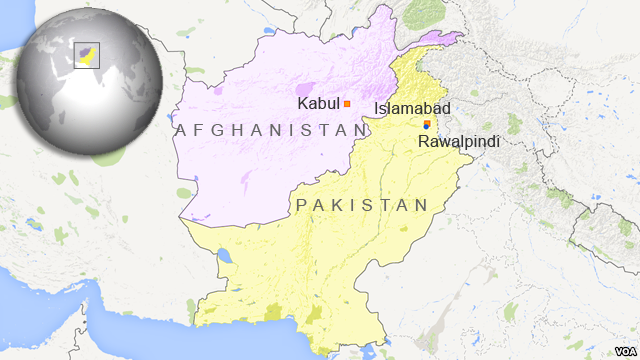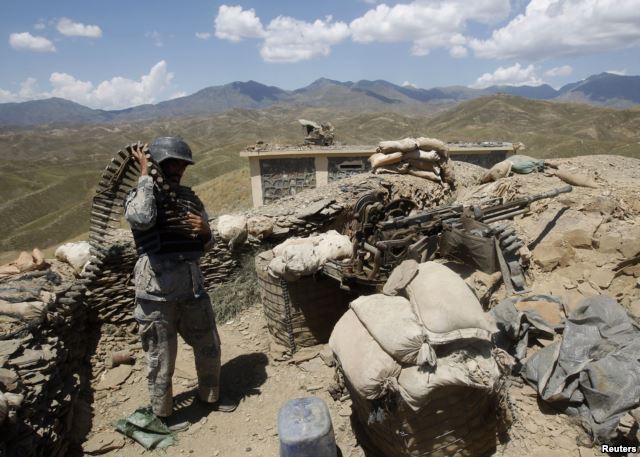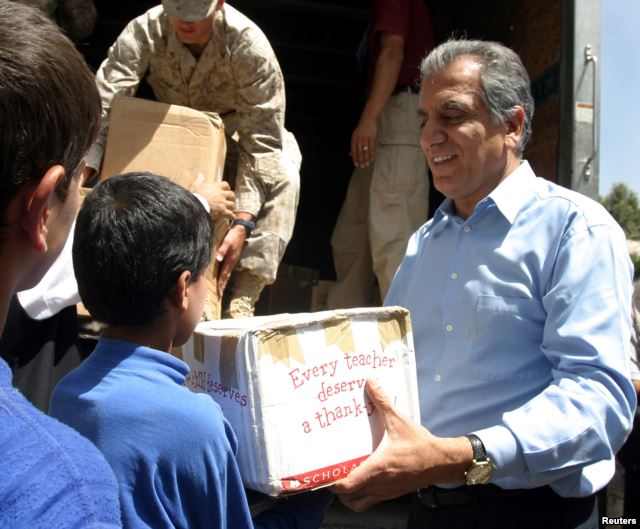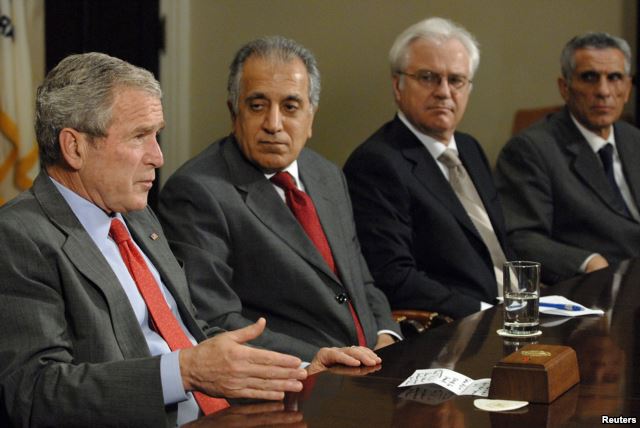Former US Ambassador to Kabul Reflects on Missed Opportunities
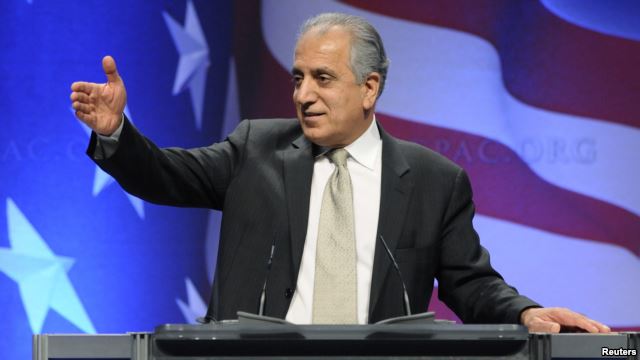
The former U.S. ambassador to Afghanistan, Zalmay Khalilzad, says one of the biggest problems facing Afghanistan continues to be its poor relationship with its neighbor, Pakistan.
Khalilzad told VOA in an interview Friday that "the two countries need each other and they should cooperate." He said the United States did not succeed in bringing Afghanistan and Pakistan together after 9/11 and "we have not succeeded still."
"This is going on so many years later. And I think this is the mother, in my view, of the problems of Afghanistan," Khalilzad said.
The Afghanistan-born scholar said the biggest failure of the United States in Afghanistan was not being able to develop a plan "where Afghanistan and Pakistan could cooperate."
Khalilzad said the main reason why the United States could not achieve more in Afghanistan was because Pakistan created sanctuaries for the Taliban.
Shortly after the U.S. invasion of Afghanistan in 2001 to drive out the Taliban, Khalilzad, who was serving as U.S. President's George Bush's special envoy to Afghanistan, said he began to realize that Pakistan was playing a "double game."
He said very few U.S. officials believed what he was saying. "I was the fist administration official at that level to say a 'sanctuary' was being developed — to use that word. Now, if you say that no one would challenge that."
Pakistan has consistently denied that it allows militant groups to organize and plot attacks from its territory, or that its intelligence service aids some militant groups. However the country's inability to secure the tribal areas along the Afghan border has become a high-profile issue with both Washington and Kabul who say Islamabad should do more to rein in extremists.
A recent survey of Afghan public opinion conducted by VOA's parent organization, the Broadcasting Board of Governors, along with the Gallup news agency showed that citizens of Afghanistan have a very low opinion of Pakistan. Survey respondents gave Pakistan a favorability rating of 3.7 percent — the bottom of the list — faring even worse than Islamic State, which received a 5.8 favorability rating.
Khalilzad said he is disappointed the United States could not do more in Afghanistan, but said the situation there is a lot better than before the U.S. invasion.
After serving the Bush administration in Afghanistan, Khalilzad became the U.S. ambassador to Iraq.
"If we knew what we know now, that Saddam [Hussein] didn’t have WMD [Weapons of Mass Destruction] or very little WMD, that our intelligence was wrong," he said, "then surely we wouldn't have invaded" Iraq.
On Syria, Khalilzad said he does not support the Obama's administration policy. "I think we should have done more to stop the war. We should have created these safe zones. We have a lot of experience, we did it in Iraq after the invasion of Kuwait for the Kurds.”
Sunni, Shi'ite rivalry
When asked about the rise of Islamist extremism, Khalilzad said "whatever the reasons are, Muslims are divided themselves."
He said one of the most important factors in the rise of Islamic State is the rivalry between Sunni and Shi'ite Muslims and between Iran, Saudi Arabia, and Turkey. He said current policies in the Middle East have led to "supremely devastating circumstances for the Sunni Arabs" in both Syria and Iraq.
"Only extremists can survive in those circumstances," he said. "If you are a moderate, a professor, a dentist, a doctor, and you have children, you can not survive. You run away, or you become and extremist, saying this must be the will of God."
Zalmay Khalilzad's new memoir, "The Envoy: From Kabul to the White House, My Journey Through a Turbulent World," traces his journey from a boy in Mazar-i-Sharif in Afghanistan, to his time in California as an exchange student, and his time as U.S. ambassador to Afghanistan, Iraq and later the United Nations.
Политика конфиденциальности | Правила пользования сайтом
